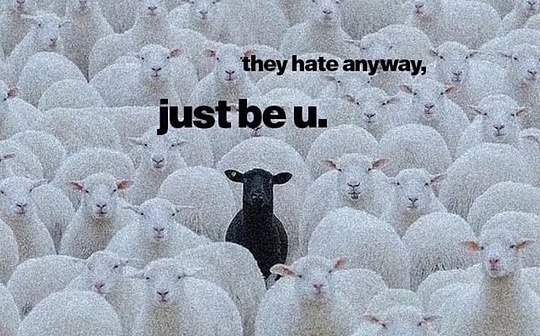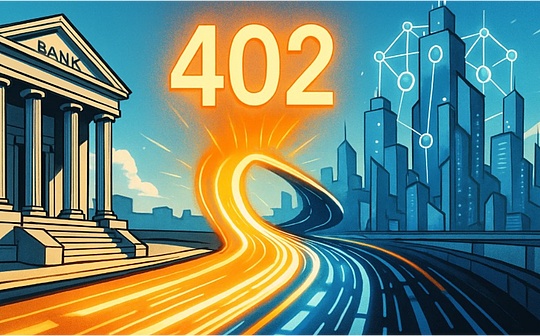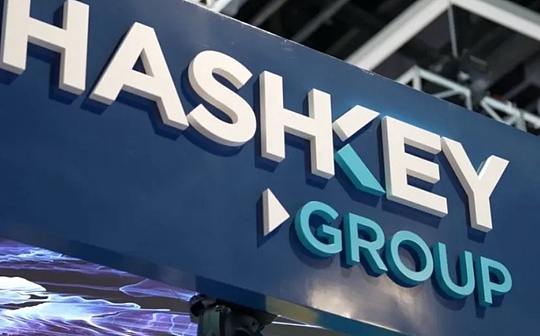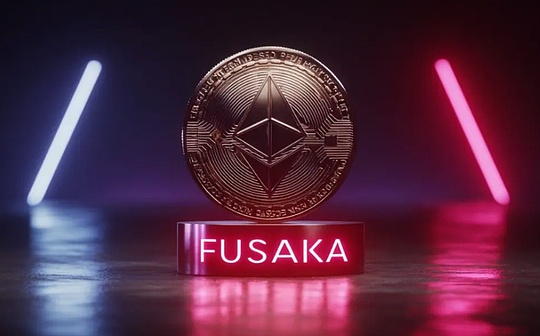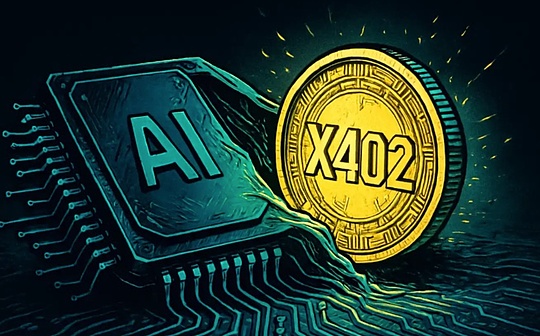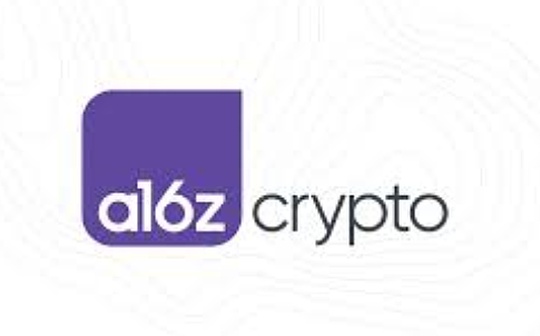
Author: Chris Dixon, partner of a16z, head of a16z crypto; compiled: 0xjs@Bitchain Vision
The doomsdayist is wrong.AI won’t end the world—but it will end the Internet as we know it.
AI has subverted the core economic contract of the Internet, a contract that has existed since the emergence of search: a few companies (mainly Google) bring demand, while creators bring supply (and gain some advertising revenue or recognition from it).AI tools have generated and summarized content, and users do not need to click to enter the content provider’s website, thus breaking the balance.
Meanwhile, a large number of AI-powered deep fakes and robots will make us question what is real and reduce people’s trust in the online world.As big tech companies that can afford the most data and computing power continue to invest in AI, they will become stronger, further closing the rest of the open internet.
Technology advancements are inevitable.I call attention to this, not to shout that the sky is falling or hinder progress.We need to help individual users gain some control over their digital lives.Thoughtful government regulation may help, but it may also slow down innovation.And trying to adopt a one-size-fits-all solution can create as many problems as it solves.Let’s face it, users will not give up on their online life.So what can we do?
Major tech movements often go hand in hand – think about the rise of social, cloud and mobile computing in the 21st century.This time is no exception: AI requires computing supported by blockchain.Why?
first,Blockchain can enforce ownership.Blockchain can make credible commitments involving property, expenditure and power.A decentralized network of computers (rather than a large company or any other centralized intermediary) validates transactions, ensuring that rules and records cannot be changed without consensus.Smart contracts automate and enforce these ownerships, creating a system that ensures transparency, security and trust that gives users complete control and ownership of their digital lives.For creators, this means being able to decide how others, including AI systems, use their work.
Another basic ownership that blockchain can enforce is identity.If you are the same as you claim, you can sign an encrypted statement to prove it.We can carry our identities on the Internet without relying on third parties.On-chain identity can also help differentiate between real users and bots and impostors.In the 90s, no one on the internet knew you were a dog.Now, people can know whether you are a dog or a robot.In the coming years, thanks to recent technological advances, we will see more “human proof” on the Internet.
Blockchain can also create tamper-proof records of digital content to prevent deep forgery.When creating videos, photos, or recordings, the blockchain can store a unique digital fingerprint.Any changes to the content will change that signature, making tampering easy to detect.Blockchain can also store metadata and verify proofs from trusted sources, further ensuring the authenticity of the content.
Finally, blockchain can help achieve the initial ideal of the Internet, helping the Internet stay creative, open and diverse.Currently, users rely on a handful of internet giants – these giants have invested heavily in AI (and require regulations to be formulated to prevent smaller competitors from entering).Once open sites and apps have added paywalls, restricted or closed APIs, removed archives, edited past content without permission, and added intrusive banners and ads.Blockchain alternatives offer more options, open source innovation and community control options.They will hold up the torch of the open internet.Cryptocurrencies can take power from large tech companies and return it to users.

